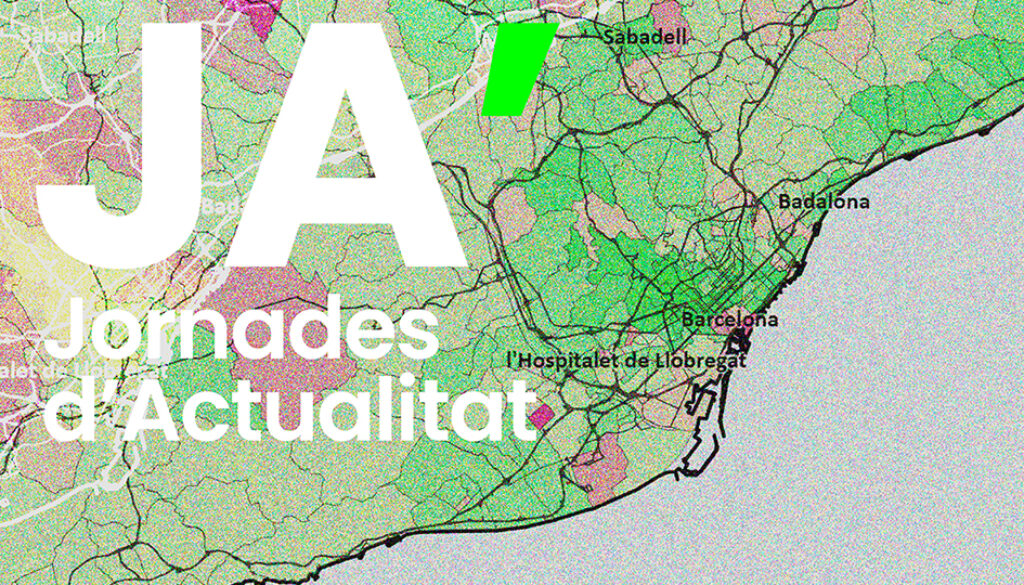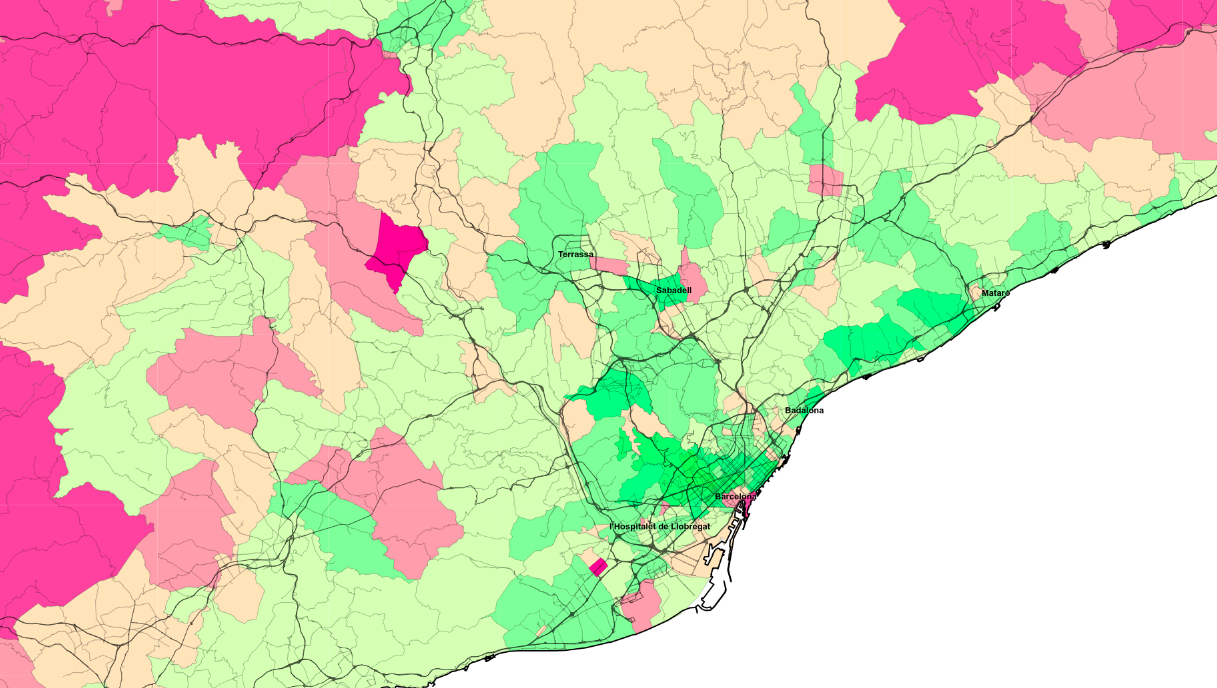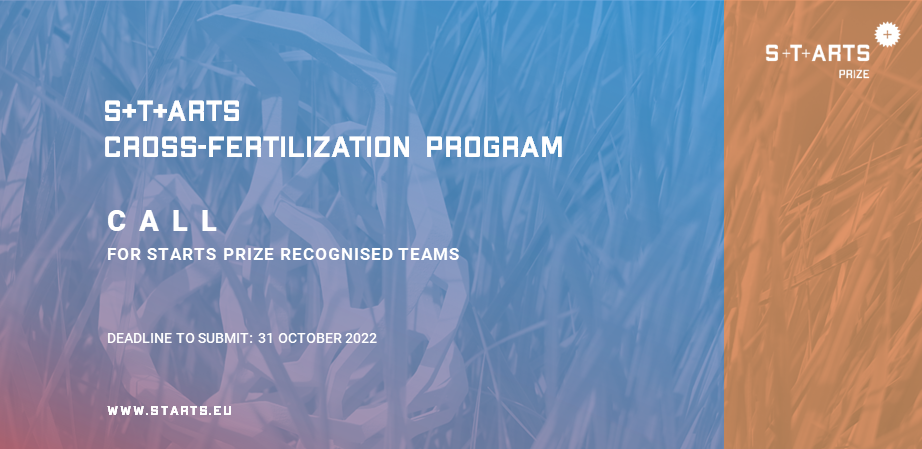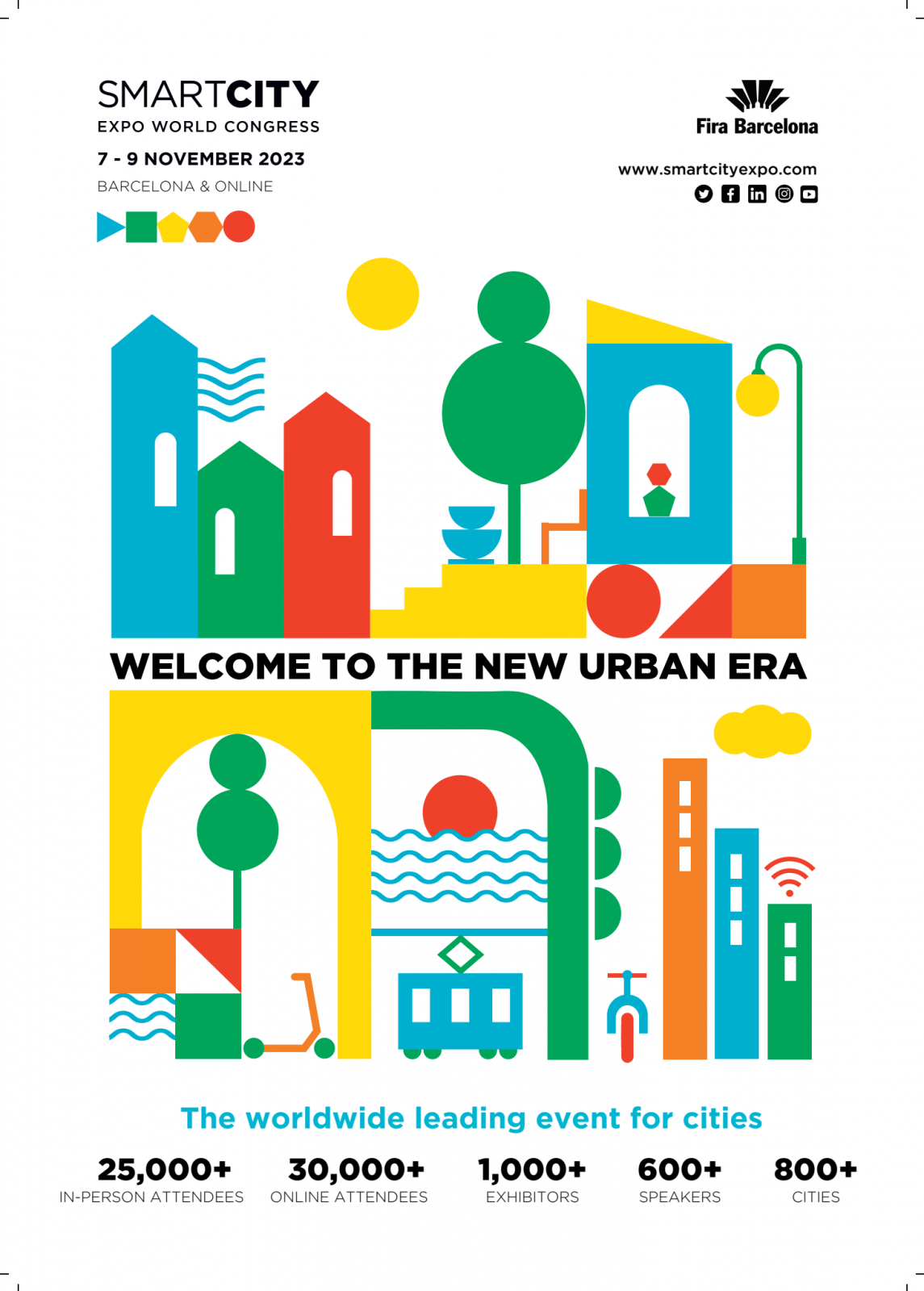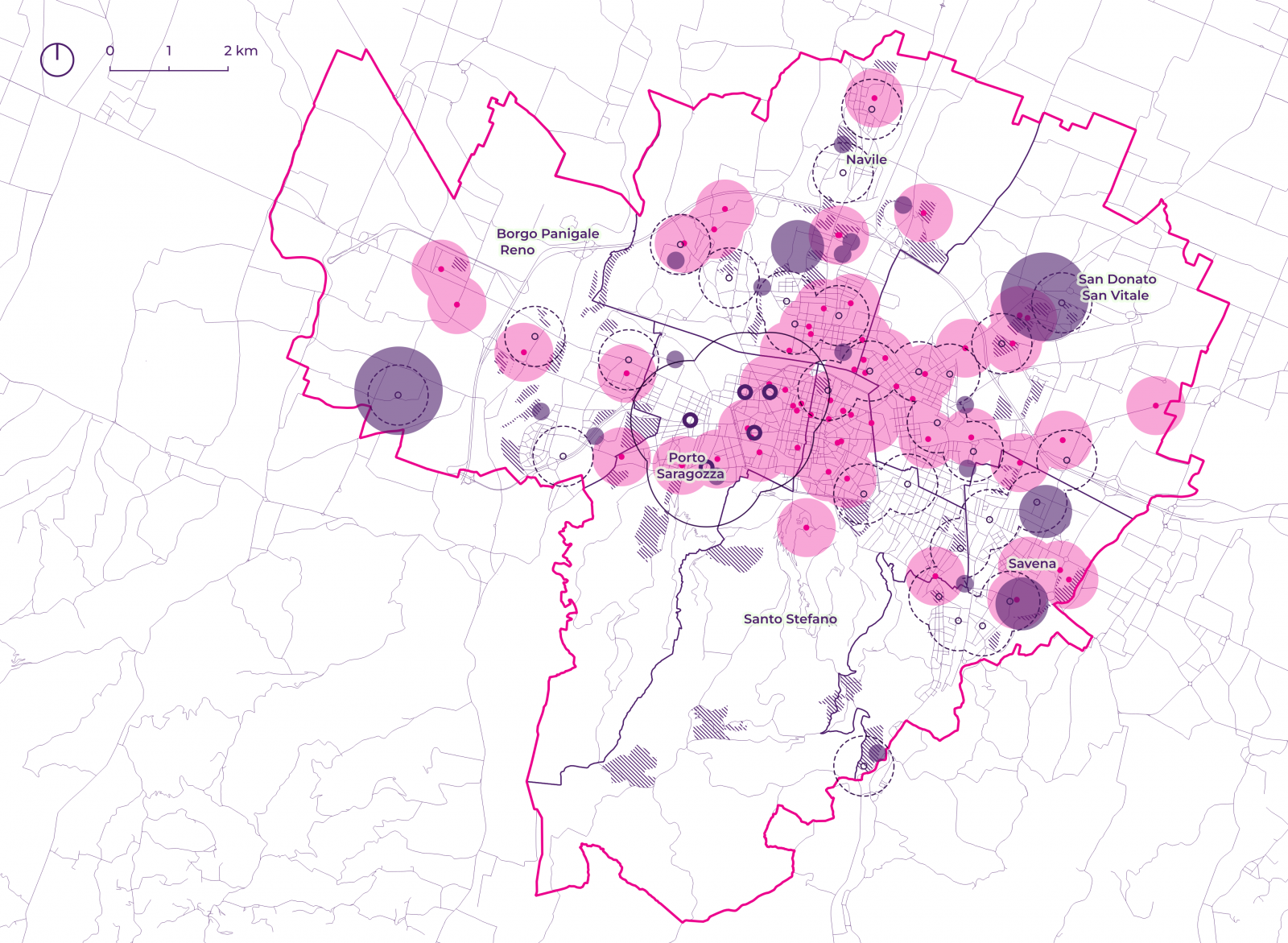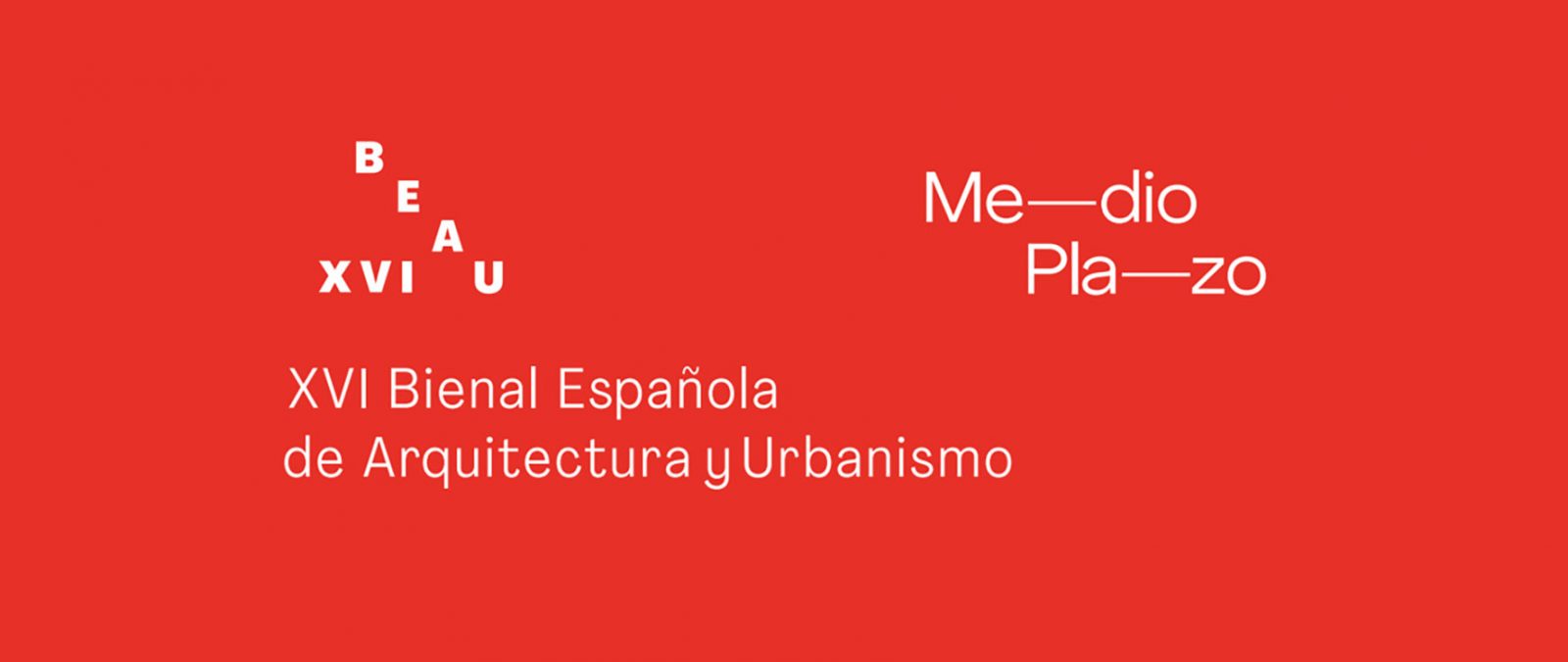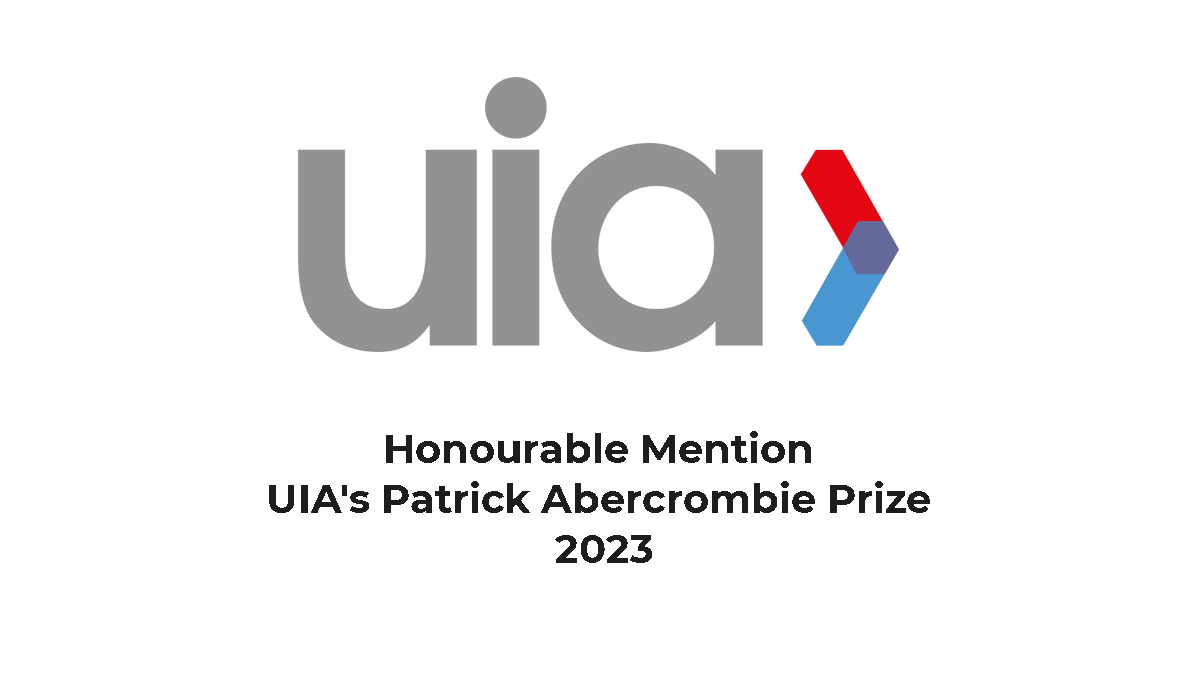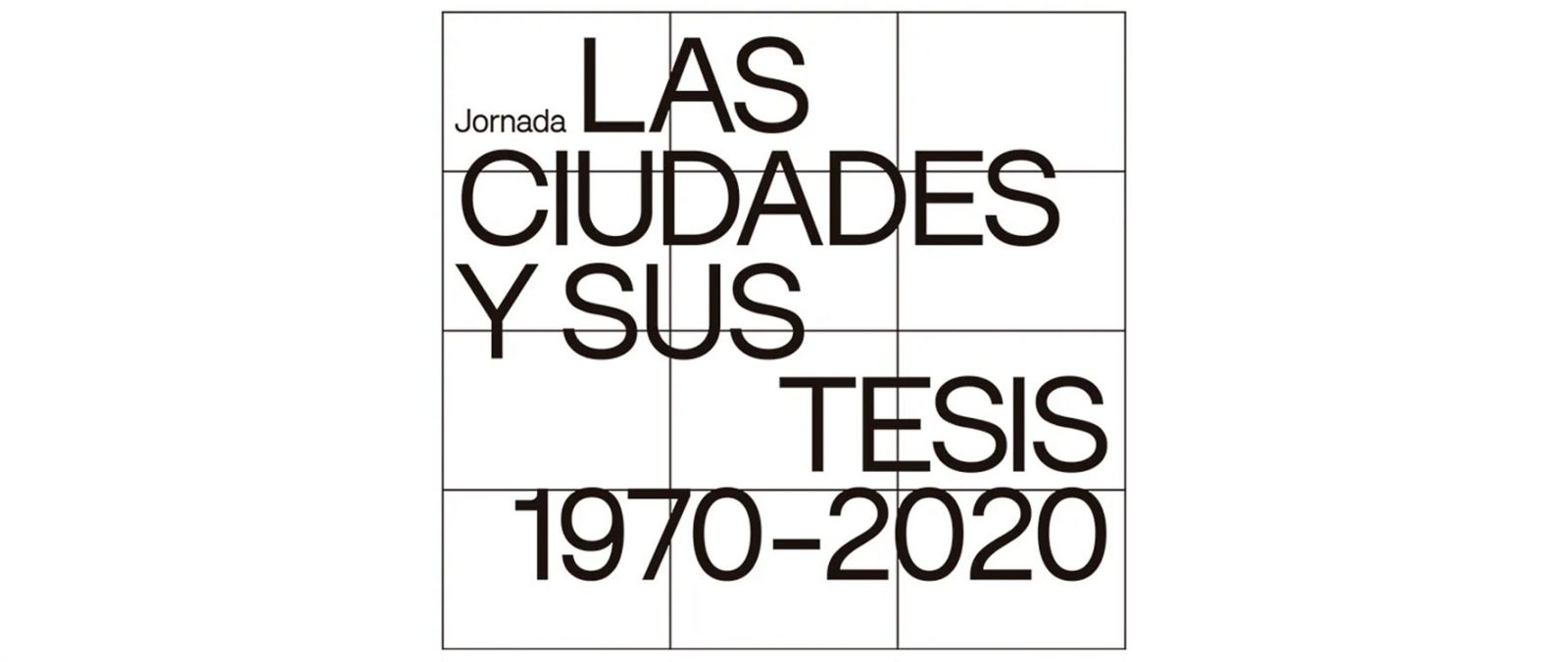El próximo 16 de enero (martes) a las 19:00 horas, presentamos desde CASA SEAT (Barcelona) el proyecto Embarriados, desarrollado por 300.000 Km/s junto a la Fundación Cotec.
Este proyecto de investigación busca aportar nuevo conocimiento acerca de la relación entre ciudad, movilidad y desigualdad urbana para apoyar la formulación de políticas públicas y evitar los potenciales riesgos de segregación social fruto de la descarbonización. En un contexto de crisis climática, problemas de abastecimiento energético y cambios de estilo de vida (teletrabajo, e-commerce, e-learning) están disminuyendo los desplazamientos cotidianos. Esto reduce la emisión de gases contaminantes, mejora la salud y aumenta el bienestar colectivo, pero también tiene un efecto negativo. La menor movilidad cotidiana reduce la mezcla social y aumenta el riesgo de generar vulnerabilidades.
En este contexto, los resultados del proyecto (en forma de datos abiertos, una metodología replicable basada en el análisis de datos masivos, un relato interactivo y un documento de recomendaciones) apuntan a generar una descripción de este fenómeno que permita entender qué ámbitos del territorio podrán avanzar más fácilmente hacia este nuevo modelo de organización social y productiva y dónde existen riesgos de estratificación.
El evento, abierto a todos los públicos, precisa de inscripción previa:
– Asistencia presencial: link
– Seguir la presentación en línea: link
On 16 January at 19:00, we will present ‘Embarriados‘ at CASA SEAT (Barcelona), developed in collaboration with Cotec Foundation.
This research project seeks to provide new knowledge about the relationship between city, mobility and urban inequality to support the formulation of public policies and avoid the potential risks of social segregation resulting from decarbonisation. Amid a climate crisis, energy supply problems and lifestyle changes (teleworking, e-commerce, e-learning) are reducing daily commuting. The mobility decrease reduces greenhouse gas emissions, improves health and increases collective well-being, but it also has a negative effect. Reduced daily mobility reduces social mix and increases the risk of vulnerabilities.
In this context, the project results (open data, a replicable methodology based on the analysis of massive data, an interactive story and a document of recommendations) aim to generate a description of this phenomenon. This enables us to determine regions that will embrace the new social and productive organisation model and areas prone to stratification.
The event, which is open to the public, requires prior registration:
– Attendance in person: link
– Online presentation: link


